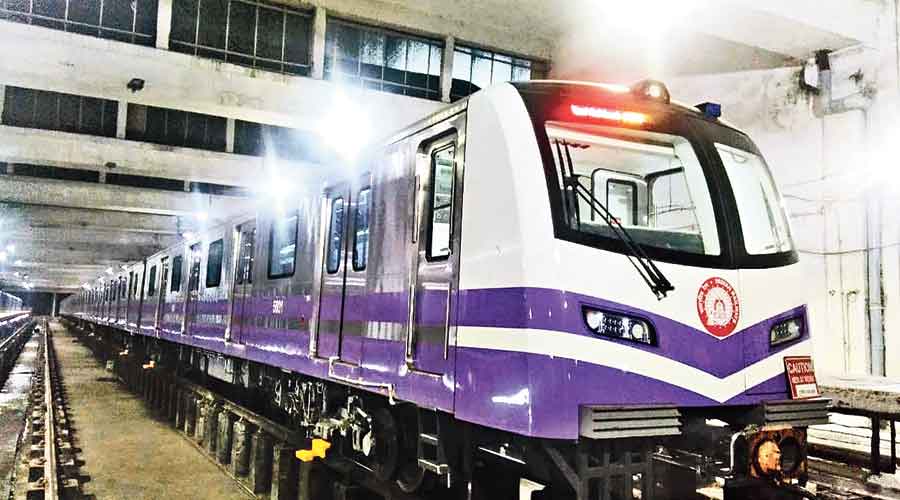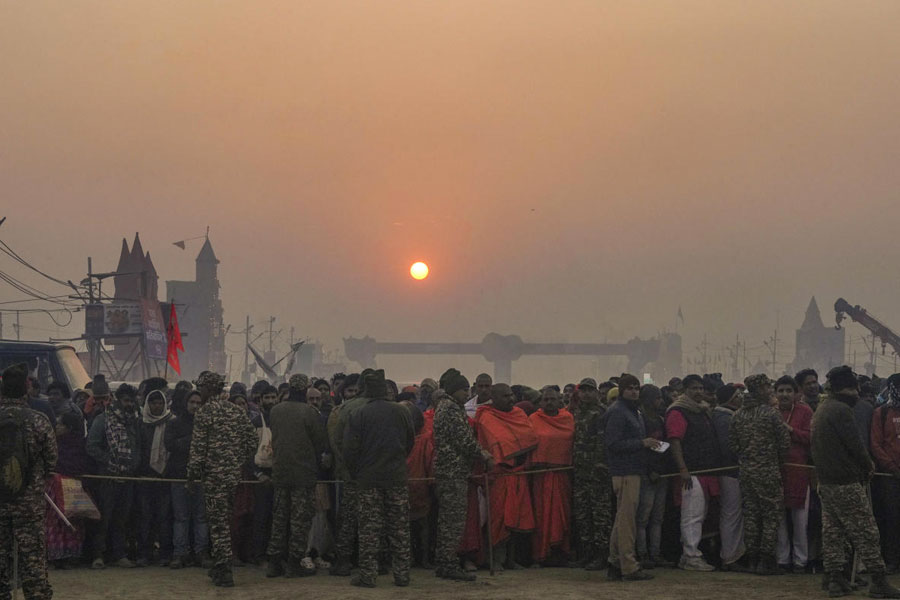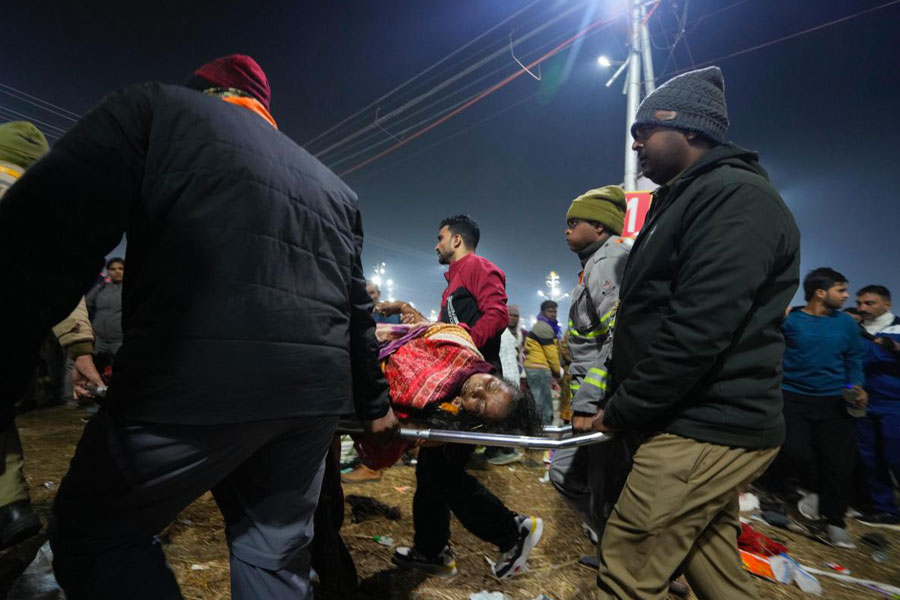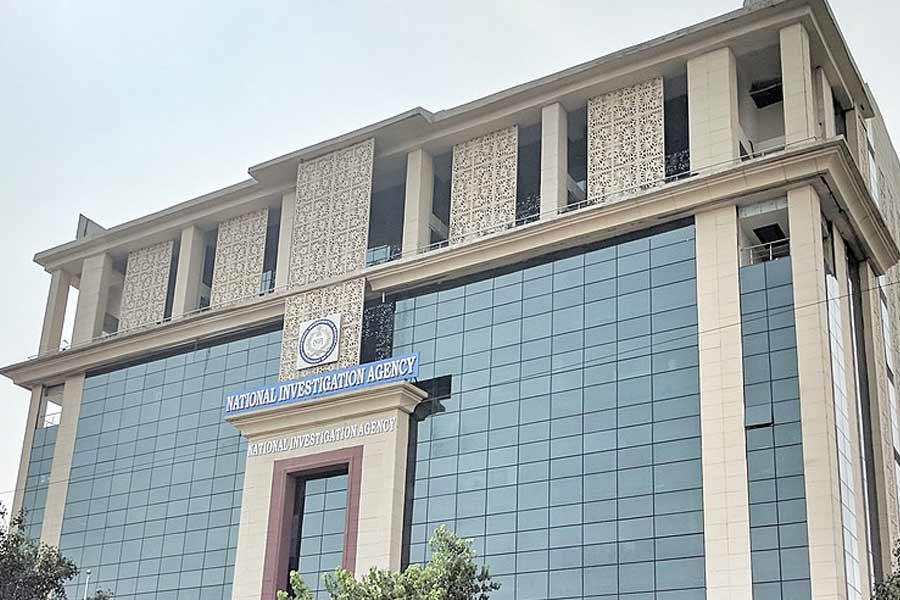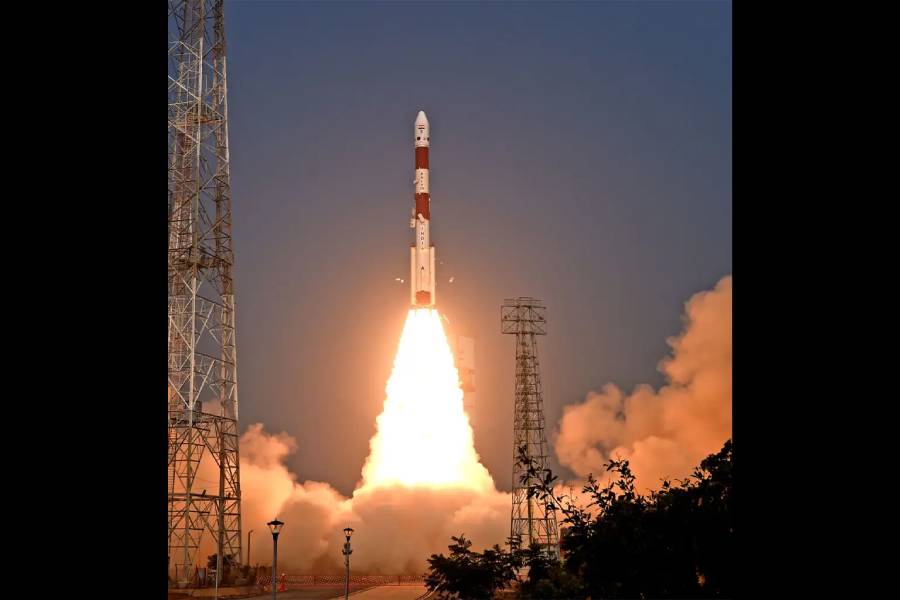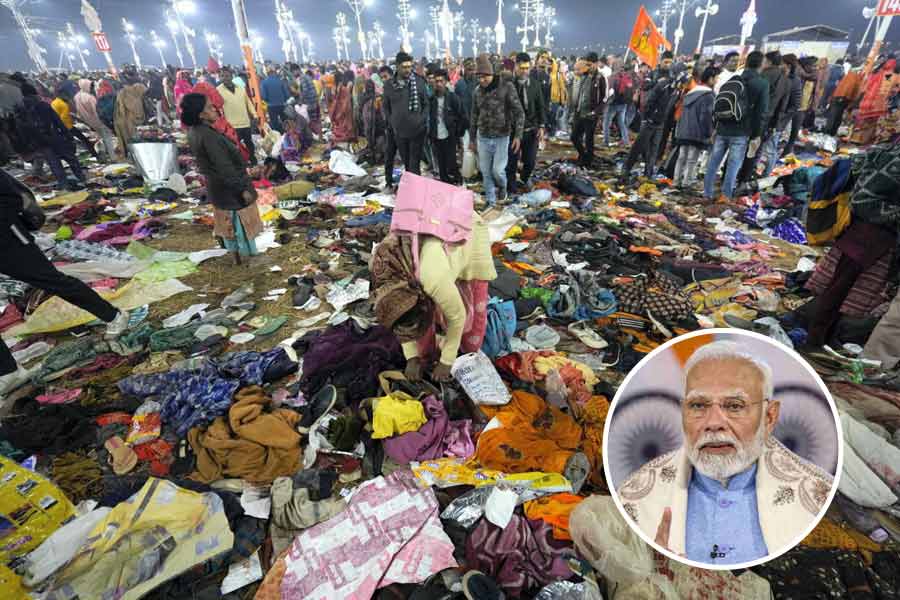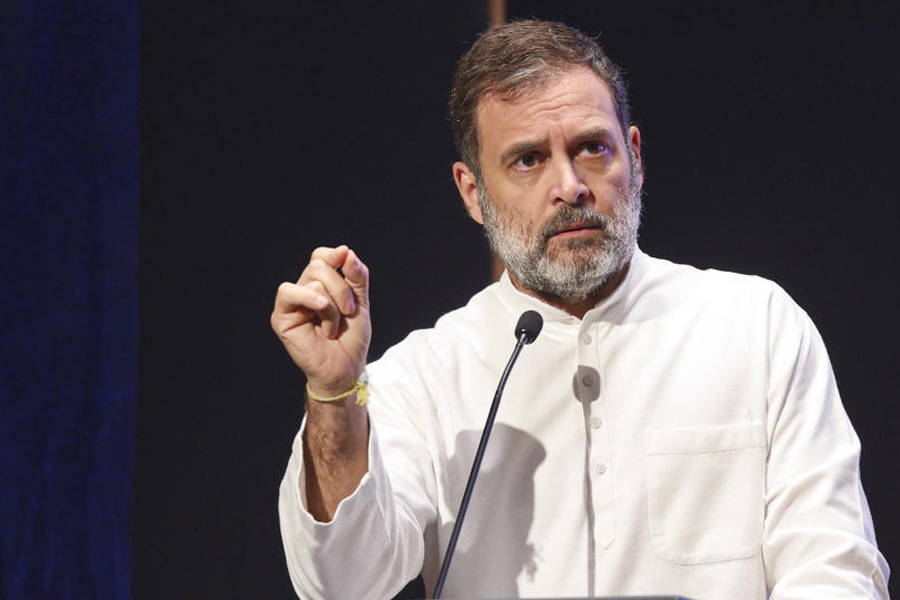A train made in China had arrived in Calcutta in March 2019 to boost the ageing north-south Metro Railway fleet. The train has yet to start commercial runs.
A train made by the same Chinese company reached Nagpur in January 2019. Eleven such rakes are running in the Nagpur Metro corridor every day.
The delay in the commissioning of the Chinese rake is a pointer to the problems plaguing the transport lifeline of Calcutta, the only city where Metro is run by the railways.
Railway officials attributed the delay to pending clearances and said their focus was now on indigenous, not foreign rakes. “The Chinese rake is a prototype and needs extensive trials. In comparison, the Medha (the new lot of trains built at the Integral Coach Factory in Perambur, near Chennai) rakes are already running. We want to focus on home-made rakes,” said a railway official.
The Railway Board had first contracted CNR Dalian Locomotive & Rolling Stock Co to build 14 rakes for Calcutta Metro in May 2015. The rakes were supposed to have been delivered by October 2018.
But a design approval from
the central Research Designs and Standards Organisation (RDSO) delayed the process, said sources in the railways.
“The contract was then extended till June 2020. The board has started the process of another extension till February 2022, but in terms of importance, the Chinese rake is in the backseat now,” said a railway official.
The first of the 14 rakes arrived at the Calcutta port on March 3, 2019, breaking the monopoly of the Integral Coach Factory, the sole supplier to Calcutta Metro. The Chinese rakes were then billed as the best bet to replace the snag-prone old rakes and reduce the burden on the existing air-conditioned rakes.
Metro engineers had earlier said they were enthused by the “impressive performances” of the Dalian rakes in tests.
The last such test was in January 2020. Its result has yet to come from the RDSO. “An oscillation test had been carried out in January 2020 by the RDSO. The report is pending. After getting the RDSO clearance, we need another clearance from the commissioner of railway safety and final nod from the Railway Board to start commercial runs,” said Manoj Joshi, the Metro Railway general manager.
In the contract with the railway board for Calcutta Metro, the maximum speed agreed upon was 80kmph, but the old tracks between Noapara and New Garia are old and unfit for the train to achieve that speed, said a Dalian representative.
“Our rake produced a much better show than the Indian rakes in the January 2019 oscillation test. But still, the clearance is pending,” a Dalian representative said.
Unlike in Calcutta, the Metro networks in other cities are run by corporations — joint ventures between the respective state governments and the Centre and they function independently.
Nagpur handled its Chinese rakes quite differently. The first Metro rake from Dalian arrived in Nagpur in January 2019. and the trains started commercial services on March 8, 2019. “At present, we have 19 Dalian rakes, 11 of which run regularly. The trains’ performance is very impressive,” said an official of Nagpur Metro.
Unlike the eight-coach trains made for Calcutta, the company has made three-coach trains for Nagpur. The contract is for 23 trains and the remaining trains would also have reached but for the global pandemic, said officials in Nagpur.
In contrast, 13 rakes for Calcutta Metro are lying idle at the production facility in Dalian.
Most officials in the city Metro spoke to refused to comment on the Chinese rakes. “Please spare me. These are policy issues, under the control of the railway ministry,” said one of them.
Metro officials pointed out that the tracks at Nagpur are brand new, unlike those in Calcutta where Metro started in 1984. But many of them conceded that being completely under the railway ministry has robbed Calcutta Metro of operational autonomy.
“They have the freedom to take decisions related to safety and other matters, such as buying rakes, fixing fares and outsourcing maintenance. In comparison, Calcutta Metro has no say in the type of rakes it will operate or the fares it will charge,” said a railway official.
The expanded network of Metro will need an increased fleet size. The Noapara-Baranagar-Dakshineswar line is scheduled to be commissioned by the end of this month and the Noapara-Airport line in the near future.

